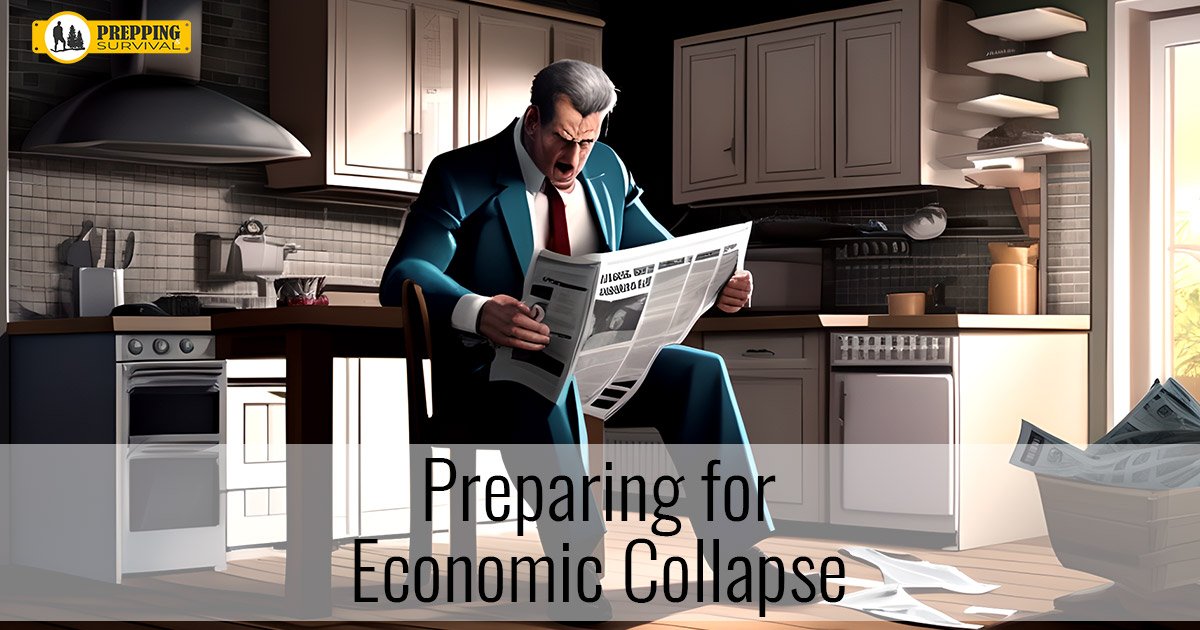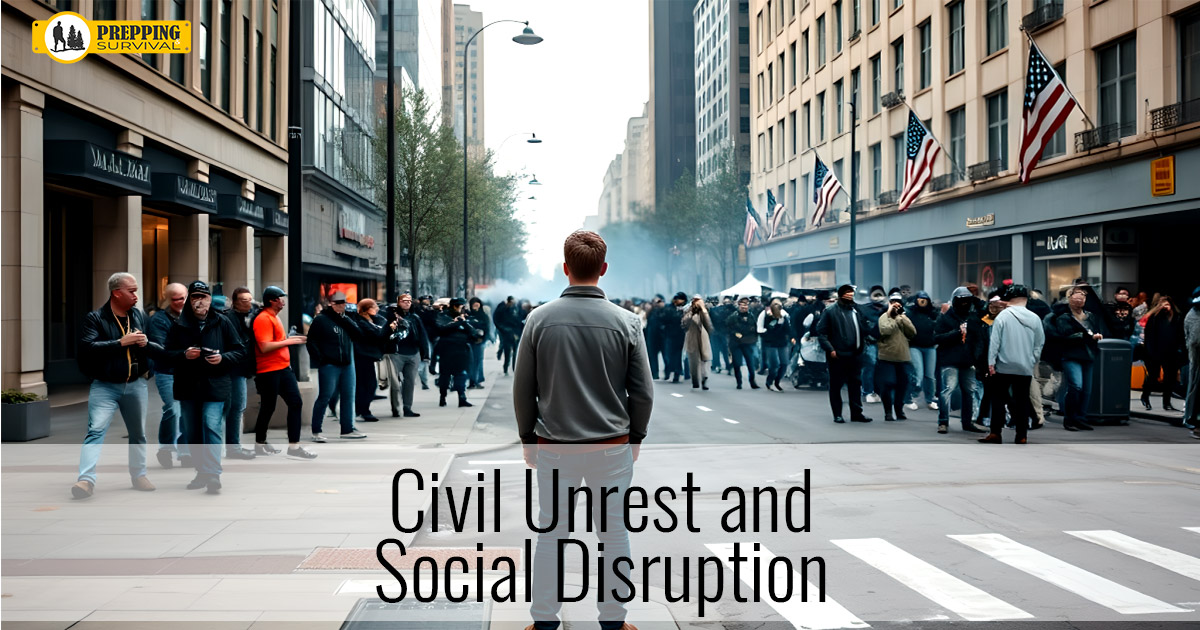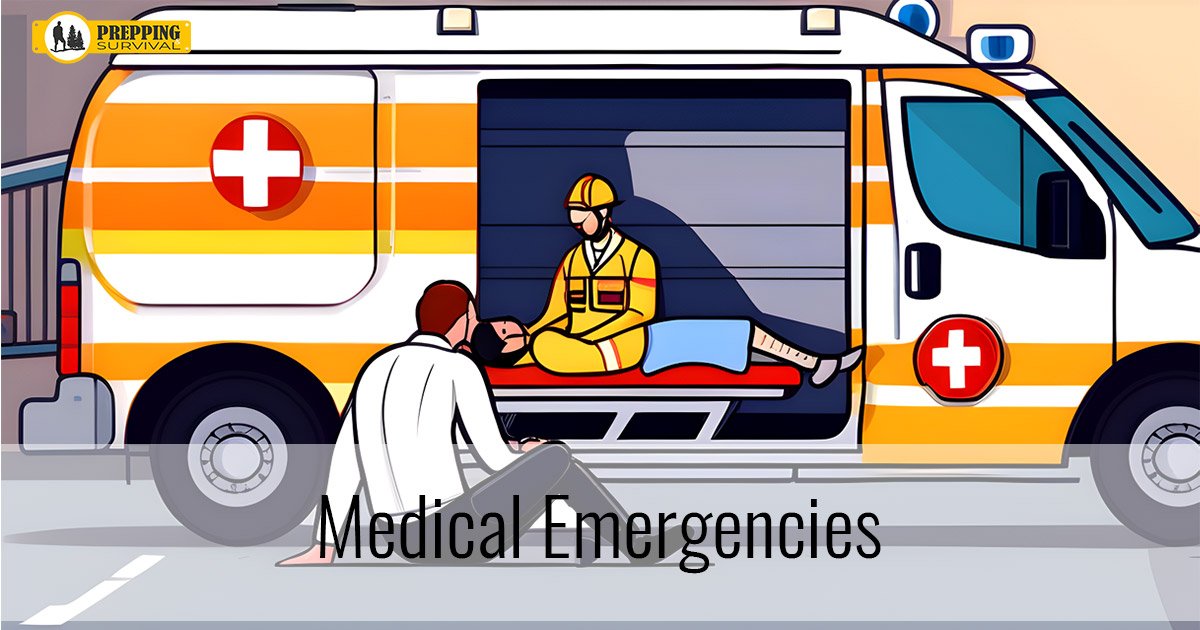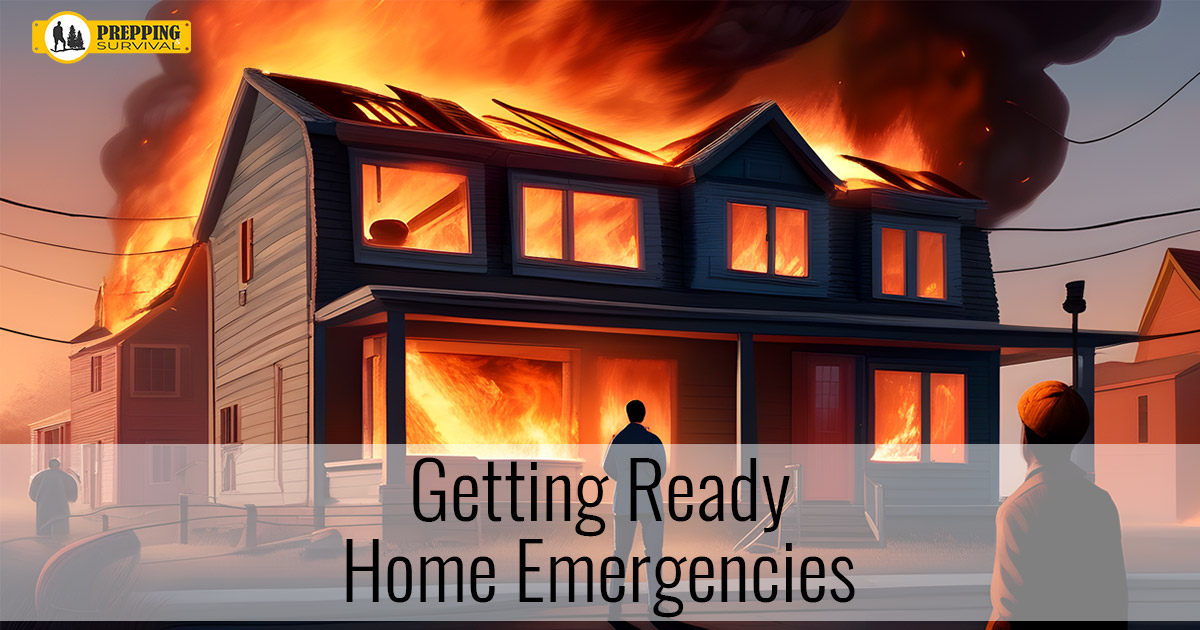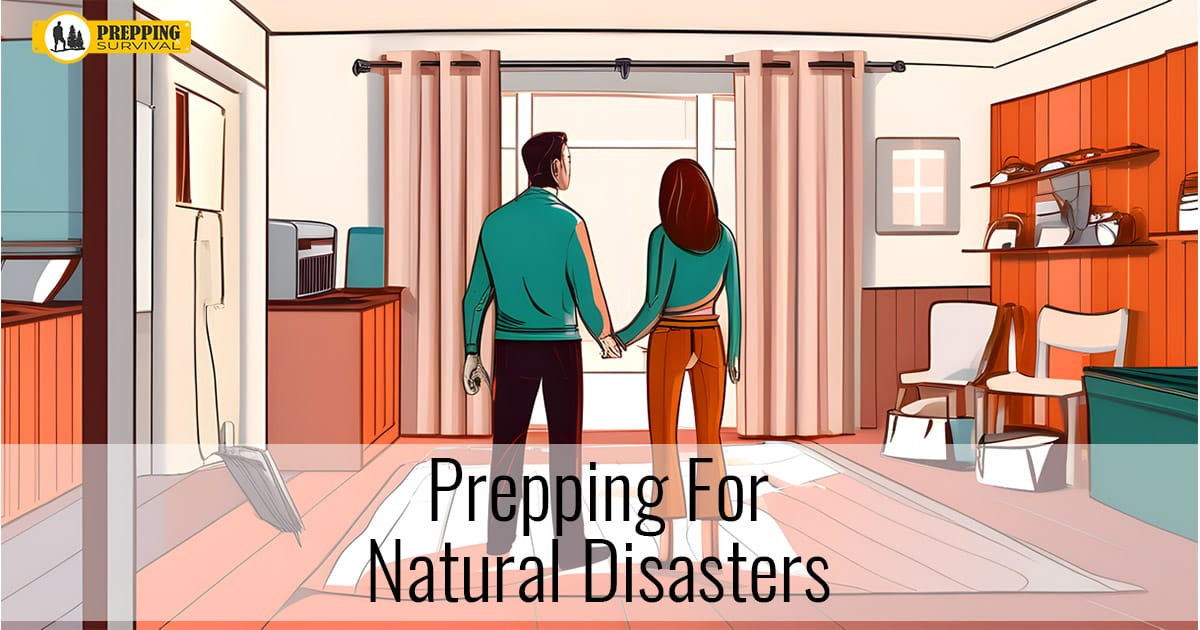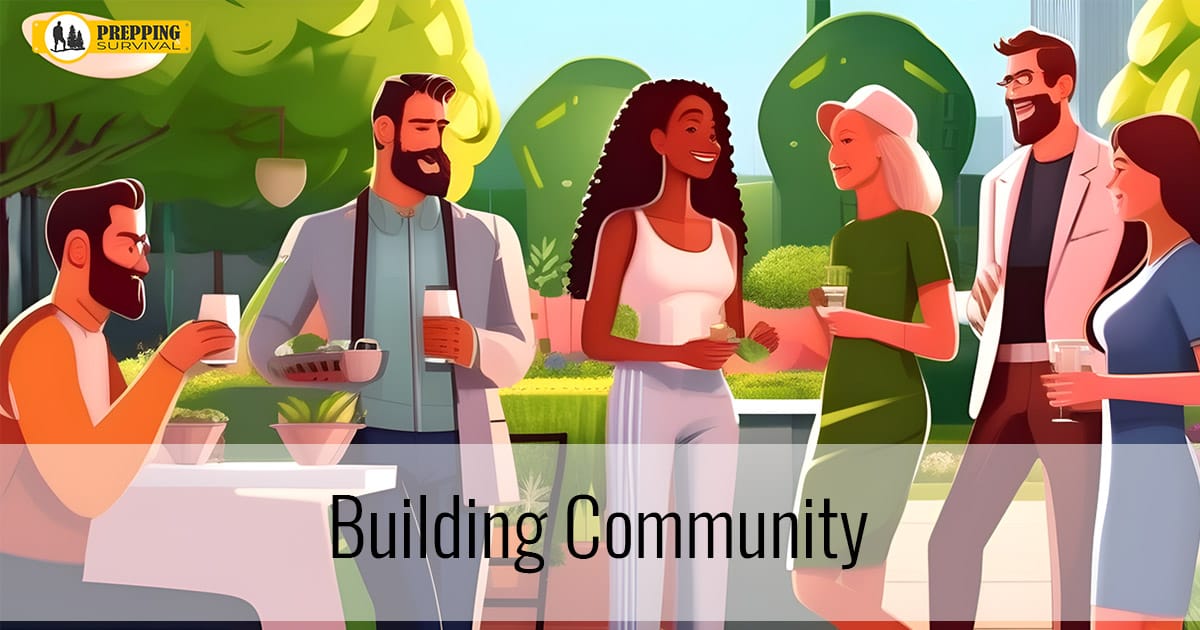For anyone worried about civil unrest: here’s how to stay safe, protect your home, and keep your family connected.
Civil disorder doesn’t just make headlines—it can shut down daily life, put you in harm’s way, and leave communities exposed.
Why this matters
Riots, protests, and sudden flare-ups spread fast. Violence, property damage, and confusion often follow. When you’re caught unprepared, the risks multiply in any civil unrest situation.
How to protect yourself
- Stay informed. Track local news, official alerts, and reliable social feeds so you know what’s happening before it reaches your street.
- Read the signs. Watch crowd behavior, listen to your gut, and leave early if tensions rise.
- Have a plan. Decide now where to meet loved ones, who to call, and how to connect if phones go down.
Safeguard your home
Lock doors and windows. Reinforce weak entry points. Small steps—like motion lights, cameras, or alarms—can make your place a harder target. Store valuables, documents, and irreplaceables in secure, fireproof containers.
Strength in community
Neighbors who share updates and watch out for each other fare better. Mutual aid groups, neighborhood patrols, or simple check-ins can keep the vulnerable safe and make everyone more resilient. Community is a powerful thing.
Skills that matter
Basic first aid, conflict de-escalation, and calm communication help you protect not just yourself but those around you.
Bottom line
Civil unrest is disruptive—but you don’t have to be helpless. With awareness, preparation, and cooperation, you can reduce risk, protect what matters, and keep your community stronger.
Next step: Take 15 minutes today to set up a family communication plan. That single move will give you peace of mind when things turn chaotic.
You may also like
